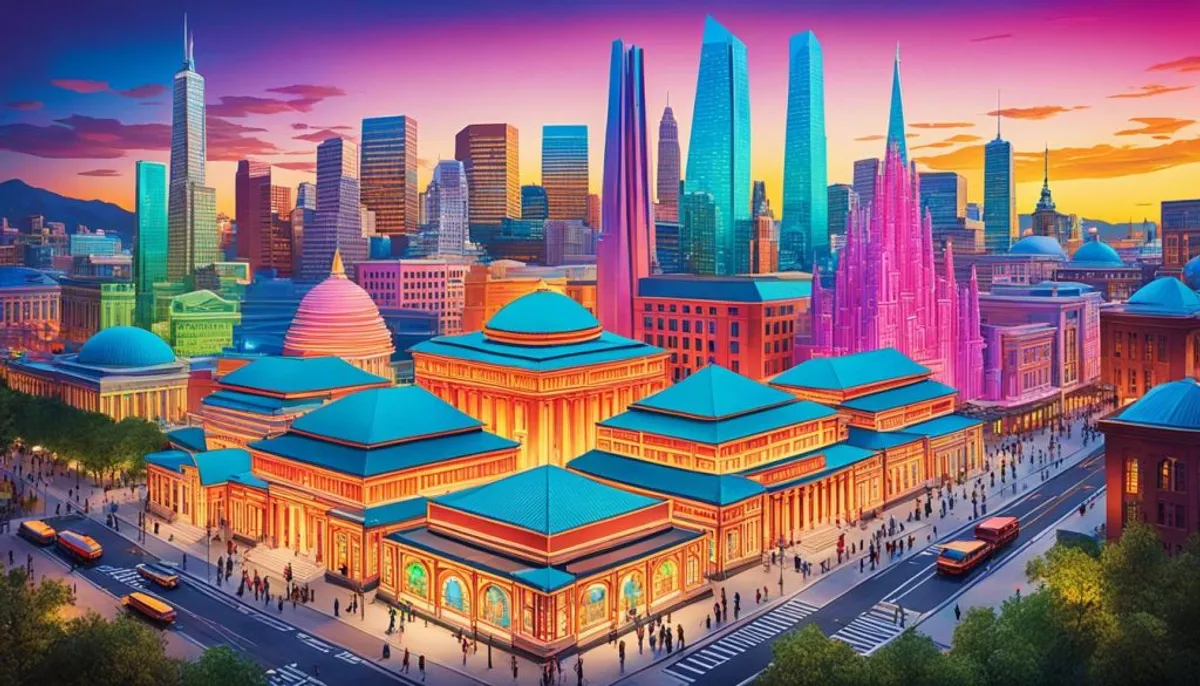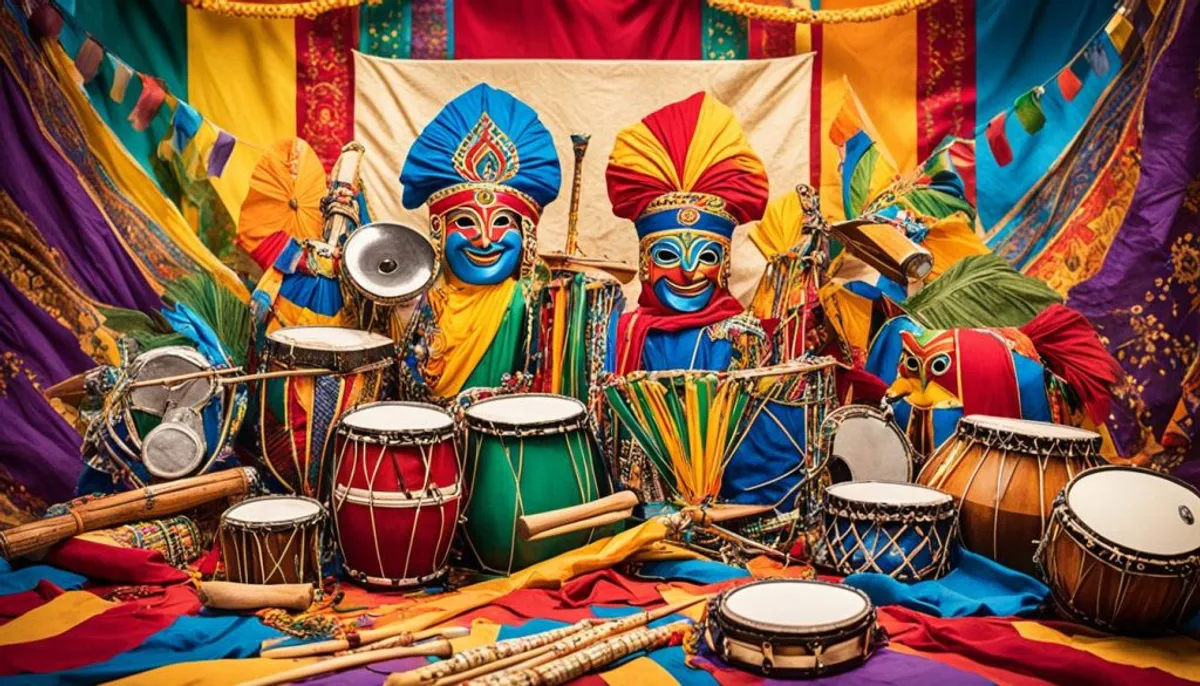The culture is very important in our daily lives. It is the collection of traits that make a society or a group unique. These traits include spiritual, material, intellectual, and emotional aspects.
Culture changes over time and is passed down from generation to generation. It offers unique moments of sharing. We can discover it through cultural activities such as visiting museums or castles.
These activities help children become thoughtful and learn. They are crucial for their development.
The culture changes our way of seeing the world. It creates our cultural identity and our cultural heritage. It is crucial to the preservation and its diversity for a dynamic society.

Essential Role of Culture
The culture is essential for a living society. It influences how we tell our stories and how we entertain ourselves. It also helps us imagine the future.
The culture unites us and is part of our identity. It is a common treasure.
Culture and Society
The culture is crucial for a thriving society. It transmits our values and traditions. This strengthens social cohesion and sharing.
The culture brings communities to life. It offers opportunities for entertainment, learning, and expression.
Culture and Identity
The culture is key to our identity, both individual and collective. It influences our perception of the world and our traditions.
By celebrating our cultural diversity, we strengthen our pride. We value our differences.
- The culture reflects our history and our roots
- It allows us to express ourselves and define ourselves
- The culture creates bonds and strengthens our identity
Enriching Cultural Activities
Cultural activities greatly enrich our lives. They offer numerous experiences, such as cultural visits to museums and castles. We can also discover local heritage and meet exciting artists.
Participating in these cultural activities increases our curiosity and enriches our culture. They promote exchanges between people. It is more than just entertainment; they convey important cultural values.
A visit to a contemporary art museum or a walk through a historic village is enriching. Cultural activities open the doors to a world rich in heritage and artistic expressions.
| Types of Cultural Activities | Benefits |
|---|---|
| Museum, castle, monument visits | Discovery of cultural and historical heritage |
| Meetings with artists | Intellectual and artistic enrichment |
| Festivals, concerts, theatrical performances | Immersive and cultural experience |
| Craft, painting, dance workshops | Development of creative skills |
In conclusion, cultural activities are essential for understanding our society. They enrich our knowledge of heritage and stimulate our creativity.

Why Culture is Important
Culture is crucial for our education and personal growth. It helps improve our critical thinking skills. This makes our learning more effective, especially in the context of general knowledge bts.
It also helps develop our physical and intellectual abilities. The culture can strengthen cohesion within a group. It influences our environment and our way of seeing things. The culture is an essential aspect of our identity.
The culture is a pillar of prosperous and thriving societies. It influences our education, our personal development, and our relationship with society.
In conclusion, the culture is fundamental for the development and flourishing of individuals and society.
Benefits of Culture
Culture is much more than just entertainment. It is essential for our health, well-being, and the vitality of communities.
Health and Well-being
Studies show the benefits of culture on our health. Participating in cultural activities reduces stress, anxiety, and depression. It also improves our mood and well-being. Social interactions in culture combat isolation, a health risk.
Vitality of Communities
- Culture strengthens social cohesion and the sense of belonging.
- It values heritage and traditions, enhancing local pride and identity.
- Cultural activities encourage integration and mutual understanding.
- They offer opportunities for learning and growth.
Culture is crucial for creating social bonds, strengthening trust and tolerance. It also supports community development while contributing to our health and well-being.

Economic Impacts of Culture
Culture is essential for society and plays a key role in the French economy. The culture and creation sector creates many jobs. It also stimulates innovation in other fields.
In 2010, culture accounted for 3.7% of the French GDP and 4.1% of total employment. This shows its economic importance. Culture and the creative economy are linked. Interactive digital products, such as games, are becoming increasingly important.
Culture creates direct and indirect jobs. It stimulates innovation and improves productivity. It also aids regional development and promotes local tourism. Culture is therefore a driver for the French economy.
| Indicators | Figures |
|---|---|
| Share of culture in the French GDP | 3.7% |
| Share of total employment in the cultural sector | 4.1% |
In conclusion, culture and the creative economy are essential for the French economy. They create jobs, stimulate innovation, and promote regional development. Their importance shows their strategic role for France.
Conclusion
Culture is essential in our daily lives. It helps create a dynamic and happy society. Visiting historic places, watching shows, or participating in events enriches us. It also strengthens our bonds with others.
Culture has a positive impact on the economy as well. It makes our communities more vibrant and stimulates economic creativity. It is crucial to protect this cultural heritage. Thus, we will pass it on to future generations and continue to benefit from it.
It is vital to promote and preserve culture. Everyone can help, whether by supporting cultural institutions or encouraging art. Together, we can ensure a bright future for culture.
RelatedRelated articles


